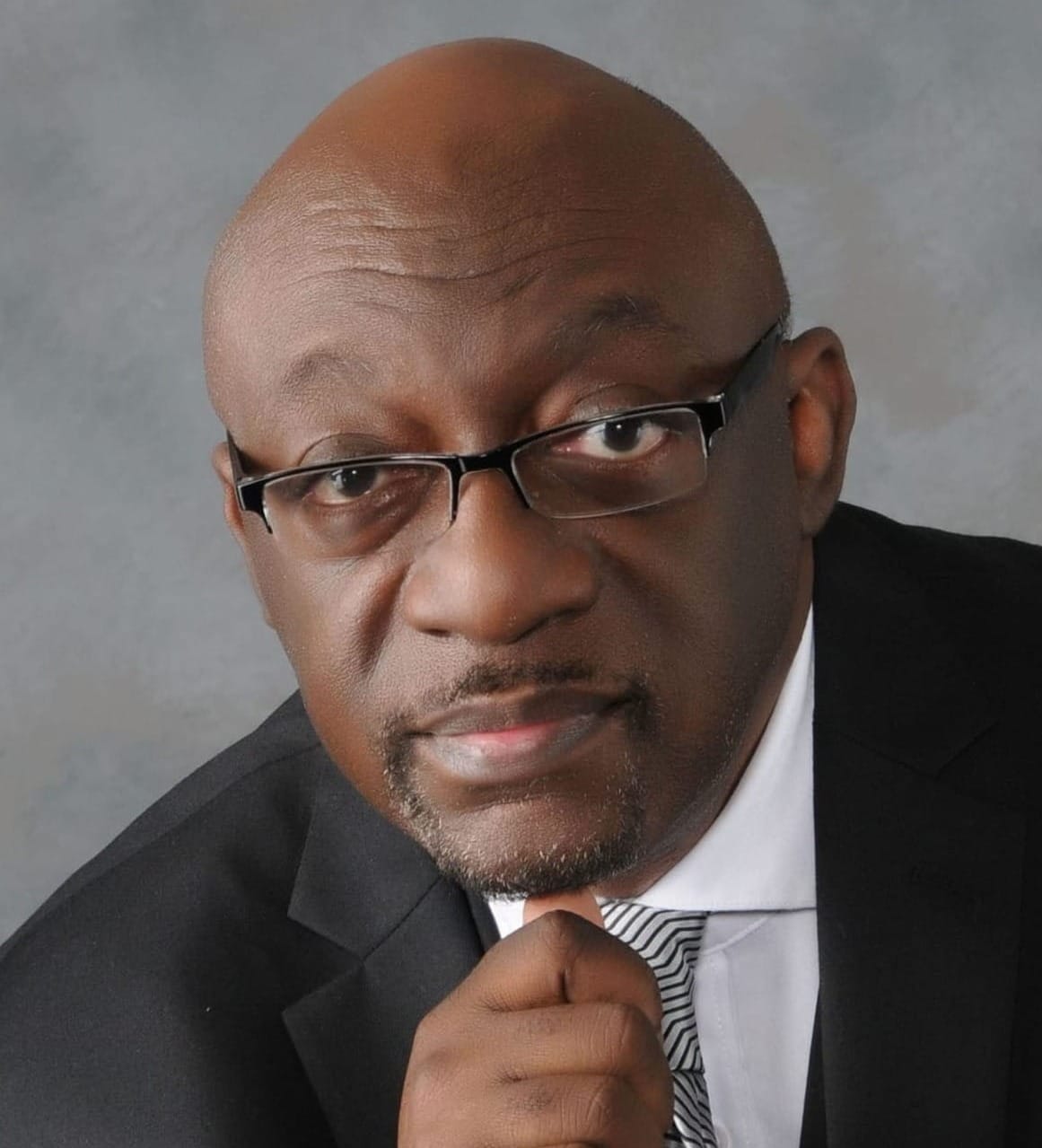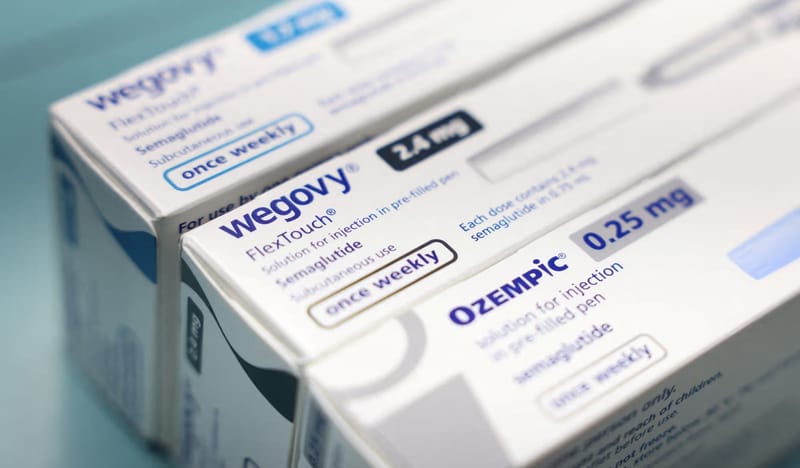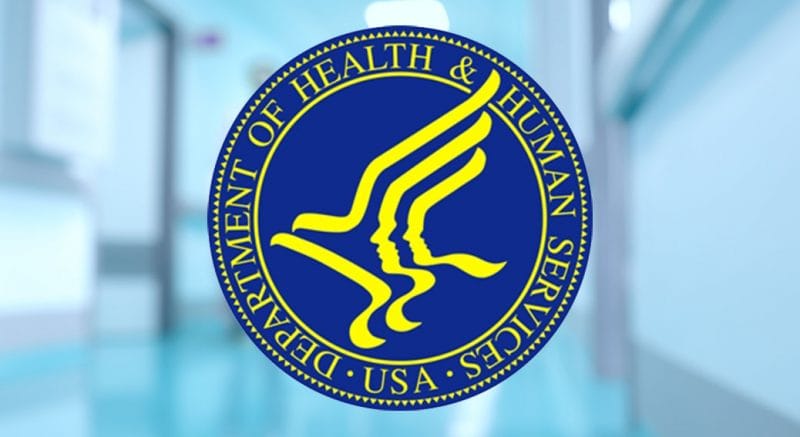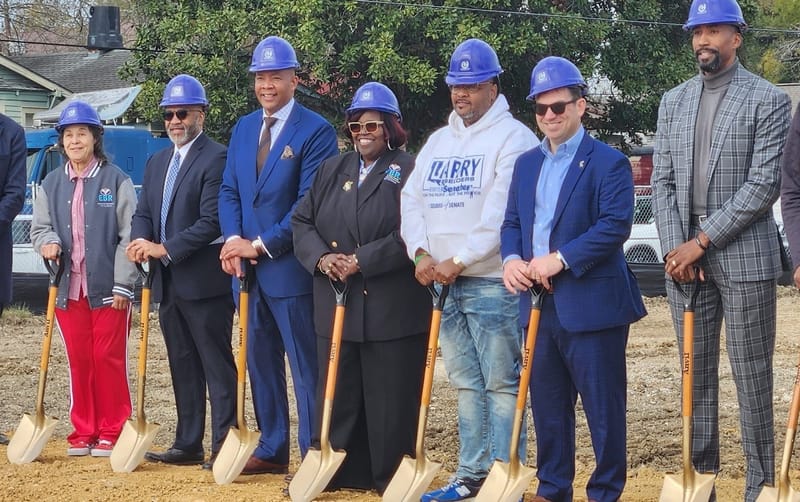Lawmakers Push for Expanded Sickle Cell Treatment Access in Rural Louisiana

BATON ROUGE, La. – Efforts to address the disparities in sickle cell disease treatment, particularly in rural Louisiana, gained momentum as a state task force highlights the urgent need for better healthcare access. With over 80 infants born annually with sickle cell disease in Louisiana—predominantly affecting the African-American community—patients in rural areas face significant challenges in managing their symptoms due to limited resources and healthcare coverage.
Currently, Medicaid does not cover at-home care for sickle cell patients, forcing many families to rely on emergency rooms for treatment. This issue is particularly pronounced in parishes near the Louisiana-Mississippi border, where healthcare disparities are more prevalent due to lack of access.
In the upcoming 2025 legislative session, lawmakers are expected to push for expanding Medicaid to include essential at-home services, such as 24-hour vital sign monitoring and intravenous (IV) treatments, for families dealing with sickle cell disease. Advocates believe this move will reduce emergency room visits and improve long-term health outcomes.
"Sickle cell disease isn't just about managing pain; it's a condition that affects every major organ in the body," said Dr. Karen Weibel, a member of the Task Force on Rural Health Care Access. "Patients shouldn't have to go to the ER for the care they need."
A bill to expand Medicaid coverage for at-home sickle cell treatment was passed by the House earlier this year but was stalled in the Senate. Lawmakers are determined to reintroduce the measure when the legislative session resumes in April 2025.
The proposed expansion of services aims to provide a lifeline to families managing the disease, offering hope for better health outcomes and reducing the need for hospital visits.






